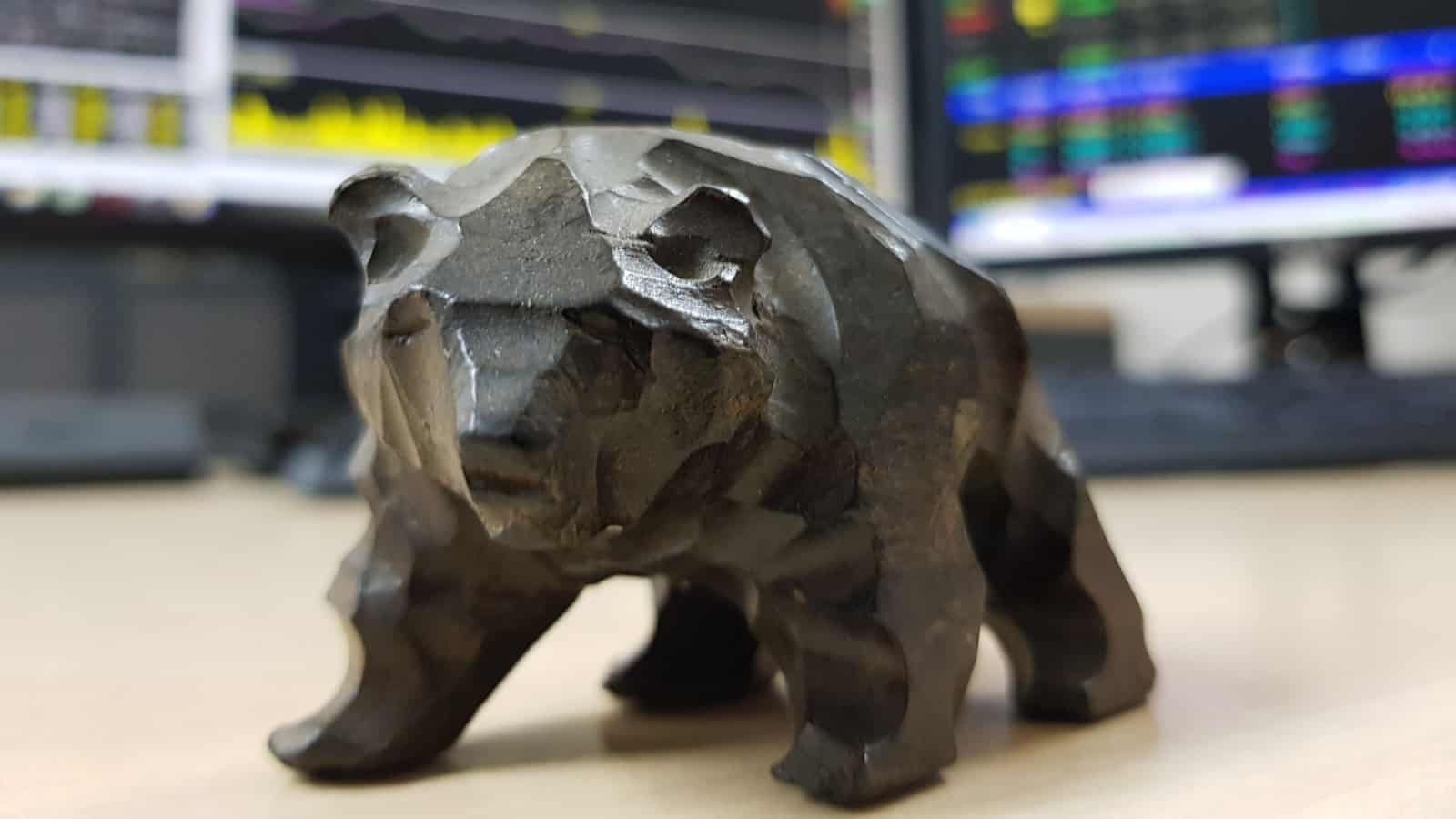There has been as much action involving Man United (NYSE: MANU) shares recently as there has been in the team’s Old Trafford stadium. After starting last September at $13, the share price surged all the way up to $26 by February of this year. Then on 5 September, it plummeted 18% to $19.
This is the stock’s steepest one-day percentage fall on record. The reason for this collapse is that the football club’s owners have reportedly decided to wait for a better offer before selling up.
So, does this provide me with a good opportunity to invest in a few Manchester United shares? Let’s find out.
Should you invest £1,000 in Manchester United Plc right now?
When investing expert Mark Rogers has a stock tip, it can pay to listen. After all, the flagship Motley Fool Share Advisor newsletter he has run for nearly a decade has provided thousands of paying members with top stock recommendations from the UK and US markets. And right now, Mark thinks there are 6 standout stocks that investors should consider buying. Want to see if Manchester United Plc made the list?
What happened
To recap, the controlling shareholders of Manchester United, the Glazer family, started to explore the possibility of a sale in November. Immediately, two serious bidders emerged, namely Sheikh Jassim of Qatar and British billionaire Sir Jim Ratcliffe.
However, neither came close to the owners’ asking price, which is said to be between £7bn and £10bn ($8.8bn-$12.5bn), according to the Mail on Sunday. For context, the company is currently valued at $3.1bn on the New York Stock Exchange.
Therefore, the share price could surge once again if prospective bidders upped their offers towards the targeted valuation. On the flip side, the stock could have further to fall given that it’s still trading around 45% above where it was before rumours of a sale emerged.
Newspaper reports say the Glazers believe they will get a better price in a couple of years time. They reportedly think that the 2026 World Cup in North America will spark renewed interest in the club.
A difficult few years
This latest development hasn’t gone down well with the majority of Manchester United’s fans. They’ve suffered for years now having watched Manchester City, the rival team from the same city, win five of the last six Premier League campaigns.
This dominance has continued this season, with City once again sitting top of the league after four games. United are mid-table and seem light years away from challenging for the title. This is despite Manchester United having a bigger net spend than their rivals since 2016.
Nevertheless, the club remains one of the most followed in the world. Last year, it generated over £550m in revenue and it expects a record £630m to £640m in fiscal 2023.
Will I buy the stock?
Since the Glazers bought Manchester United for £790m in 2005, the club has spent over £1.1bn on transfers. Yet many supporters still accuse the owners of not investing enough. This dynamic is the reason why I’m not interested in investing in football clubs.
Put simply, the majority of fans demand that all surplus cash be reinvested back into the playing squad every season. Manchester United isn’t regularly profitable, but even if it was, most supporters wouldn’t want excess cash just sitting on the balance sheet for a rainy day.
Also, many fans don’t like the idea of cash being regularly distributed in the form of dividends to shareholders. Manchester United stock stopped paying dividends last year. Like most investors, I value profits and payouts, and there are neither here today.
So I’m not interested in buying the stock. I see it as more suited to day traders than long-term investors.








